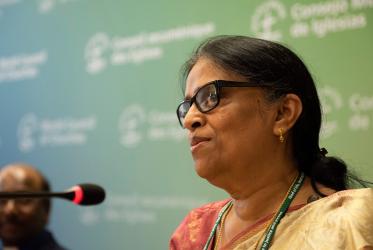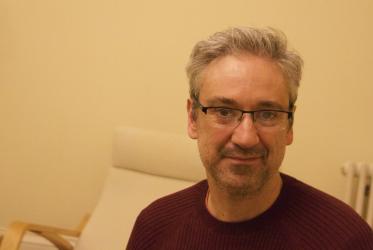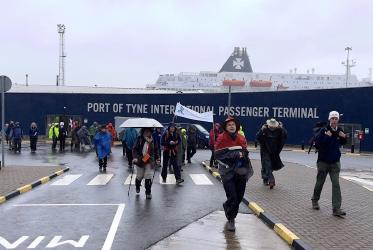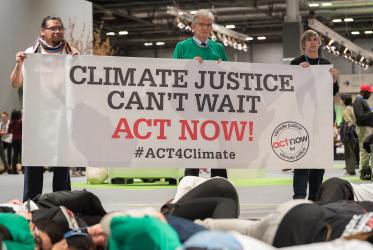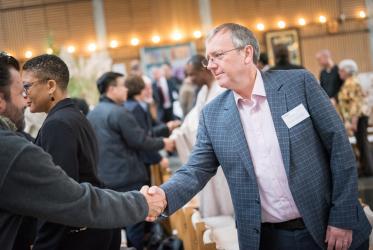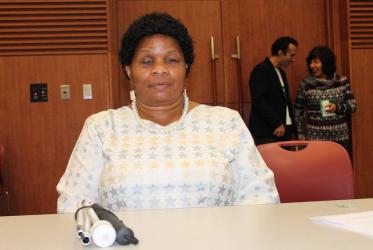Displaying 1 - 19 of 19
Scottish and UK religious leaders call for urgent climate action
20 September 2021
Faith-based groups create prayer chain in run up to COP26
27 February 2020
Churches should use their voice on climate change
26 February 2020
Fr Alexi - a peacemaker in Syria
21 December 2018
#WCC70: Children in the Ecumenical Movement
20 December 2018
The motor engineers of the ecumenical movement
18 September 2017
G7 must address famine
22 May 2017
English church missioner works for a child-friendly church
22 December 2015
Ending corporal punishment discussed at WCC-UNICEF seminar
09 December 2015
Momentum builds for ban on nuclear weapons
16 December 2014
